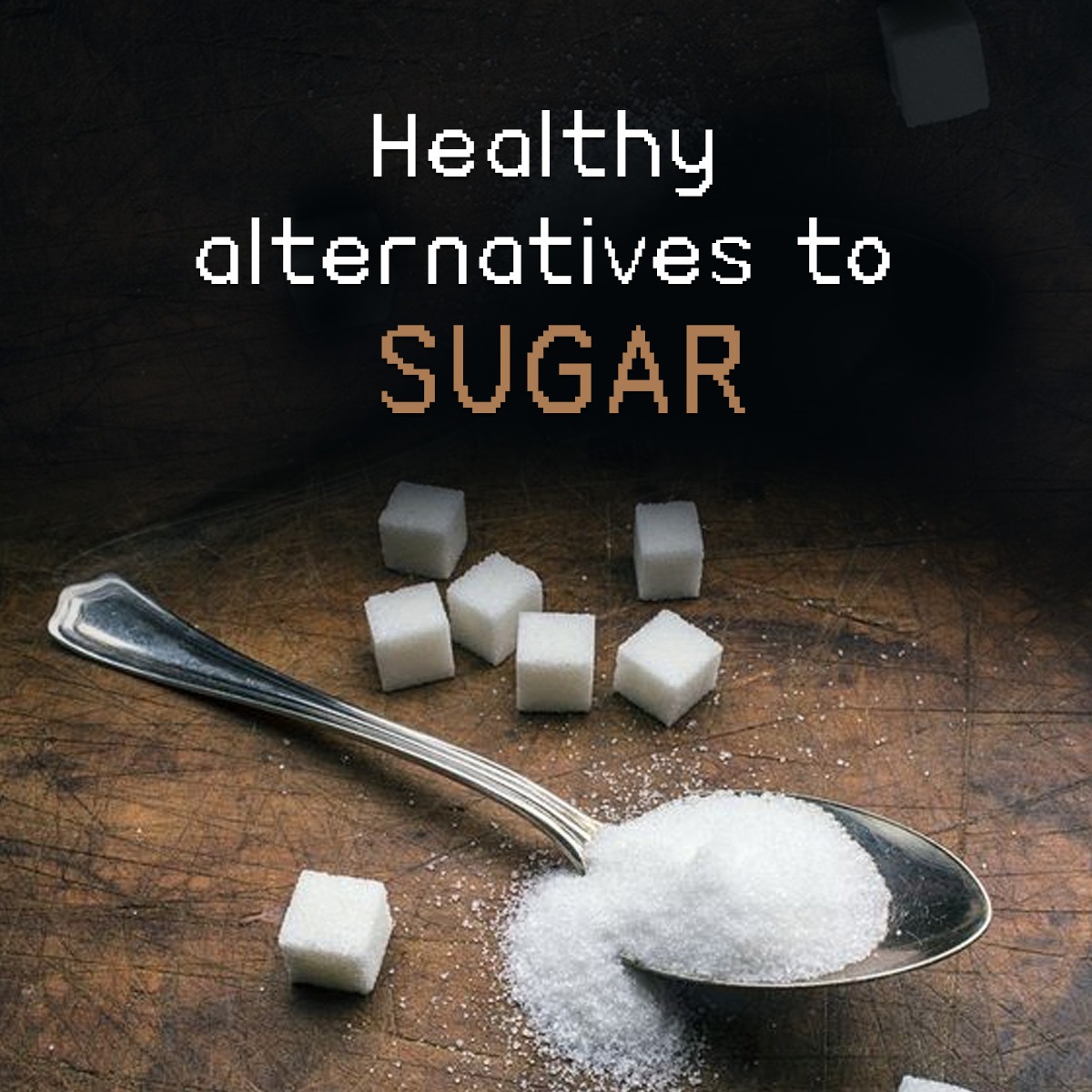There are several alternatives to sugar that are commonly used as sweeteners in foods and beverages. Some of the best alternatives to sugar include:
- Stevia: Stevia is a natural sweetener derived from the leaves of the Stevia rebaudiana plant. It is much sweeter than sugar but has zero calories. Stevia is considered safe for consumption and does not raise blood sugar levels, making it a good option for diabetics. However, some people may find that stevia has a slightly bitter aftertaste.
- Erythritol: Erythritol is a sugar alcohol that occurs naturally in some fruits and fermented foods. It has about 70% of the sweetness of sugar but only around 6% of the calories. Erythritol does not affect blood sugar or insulin levels and is well tolerated by most people. However, consuming large amounts of erythritol may cause digestive issues such as bloating and gas.
- Xylitol: Xylitol is another sugar alcohol that is often used as a sugar substitute. It has the same sweetness as sugar but with about 40% fewer calories. Xylitol has a low glycemic index and does not spike blood sugar levels, making it a suitable option for diabetics. However, excessive consumption of xylitol can cause digestive problems like bloating and diarrhea.
- Monk Fruit Extract: Monk fruit extract, also known as luo han guo, is a natural sweetener derived from the monk fruit. It is much sweeter than sugar but contains zero calories and has no effect on blood sugar levels. Monk fruit extract is considered safe and may have antioxidant properties. However, it can be expensive compared to other sugar substitutes.
- Coconut Sugar: Coconut sugar is derived from the sap of coconut palm trees. It contains some nutrients like iron, zinc, and potassium, unlike regular sugar. Coconut sugar has a lower glycemic index than white sugar, meaning it causes a slower rise in blood sugar levels. However, it is still high in calories and should be consumed in moderation.
Each sugar alternative has its own pros and cons. While they can be beneficial for those looking to reduce their sugar intake, it’s important to use them in moderation and consider individual preferences and health conditions. Consulting with a healthcare provider or nutritionist can help determine the best sugar alternative for your specific needs.


